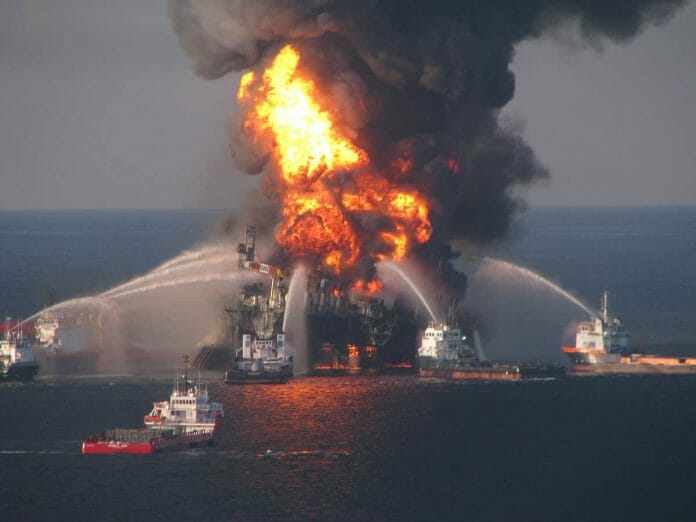We have always used the word “reputation” in our daily lives without thinking of what it really means. What is “reputation” in the strict sense of the word? The Cambridge dictionary defines reputation as the following: the opinion that people in general have about someone or something or how much respect or admiration, someone or something received, based on past behaviour or character.
A “reputation” is not just a collation of past actions, but it can also influence future behaviours. You would rather hire someone with a “good” reputation rather than a person with a “bad” reputation because we are concerned about the longer-term implication to our businesses.
Add the word “corporate” to reputation and you get a whole new animal, one which gets the CEO and the public relations consultant all hot and bothered.
Corporate reputation is intangible, but every decision made has an impact in the plus and minus columns of reputability. But if you think you have a stellar reputation today, do not think you can kick back and put your feet up because reputations, carefully built over years or even decades, can be destroyed overnight in a perfect storm.
Take the 2010 Gulf of Mexico oil spill perpetrated by BP. Its share prices crashed by 53 percent after the Deepwater Horizon oil production platform caught fire, causing the largest accidental oil spill in history and the loss of eleven lives.
A reputation is a living, breathing organism with no blood stream of its own. It is alive but it is not organic. It is the collective sum of stakeholder satisfaction, concerns and worries which no responsible CEO should ignore.
A destroyed corporate reputation is like the onset of cancer; if you don’t take proactive, strategic steps to confront the damage, your business would be on a slippery road to irrelevance and loss.
As Warren Buffet famously said, it takes twenty years to build a reputation and only five minutes to destroy it.
If a CEO is arrested for a serious criminal offence, that can be fatal for a company’s reputation even though his or her actions are unrelated to the organisation. The mere whiff of scandal can make stakeholders jittery and project a herd mentality right for the exit. In business, there are choices and no company has a stranglehold on stakeholders.
Reputations begin to slip when top management wilfully ignores the collective needs of stakeholders, with no attempt to address legitimate concerns expressed by affected stakeholders.
Thus, to protect and repair damaged reputations, action must be SEEN to be taken. It cannot be done quietly in the boardroom; this has to be a PUBLIC exercise in order to reach out to as many stakeholders as possible. A public relations campaign or programme thus, becomes increasingly important.
In Malaysia, businesses with a monopoly-type model – of which there are numerous – are more often beset by stakeholder dissatisfactions, brought about by a lackadaisical approach to addressing complaints. Poor customer service, with no attempt to forge a lasting solution, is one sure way to surely and quickly degrade a company’s reputation.
It is easy to bundle Malaysian corporates into a neat little box and label it “poor corporate reputation” but that is not accurate. Corporates all over the world, largely pay lip service to protecting their reputation. In a 24/7 world, the long-term view is eclipsed by the needs for short term impact for profits and perceived shareholder value.
Here are several proactive ways to help protect your corporate reputation:
- Consider hiring a competent in-house corporate communications team -Malaysian corporates usually underestimate the importance of an effective frontline to face an external, varied stakeholders with an extreme range of motivation and agenda.
- Listen to your stakeholders – In a 24/7 online world, corporates would be making lasting errors if they do not listen, and when required to, do not respond to what is being spoken about on social media. If your company makes a serious error, you need to understand and contain the damage as soon as possible. To do this, you need an efficient corporate communication team. A CEO cannot micromanage. A reputable CEO delegates.
- Say sorry if something goes wrong – Your stakeholders are more prone to be understanding if a corporation puts its hands up and apologise followed by a public statement that it will fix the error. Being humble goes a very long way to repair short-term damage, if one takes a long view.
- Have a crisis communications plan ready – If you largely deal with the public (aviation, public utilities, restaurants etc), you would be doing your shareholders a great favour by institutionalising a crisis communication plan to help with the aftermath of a public scandal or incident involving human lives and health. When it comes to your reputation and future-proofing your business, you can never be too prepared.
By Sreejit Pillai









